What Will Decide when Russia’s War in Ukraine Ends?
The war in Ukraine will not be decided on the battlefield.
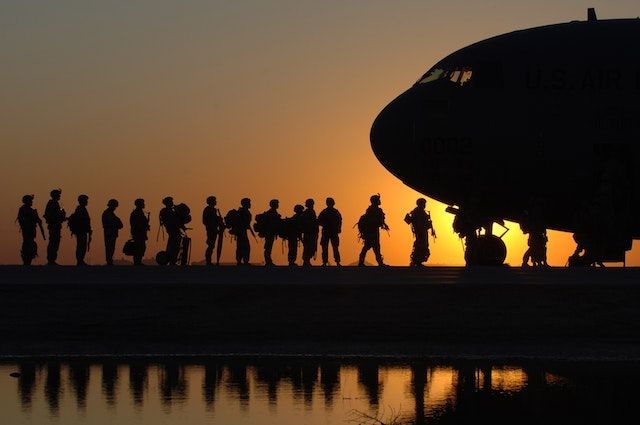
No one knows when the war in Ukraine will end, but the forecasts are not good.
“The war will be expensive, cost lives and likely last at least a few years — or even become interminable,” warns the industry journal Defense News. “It will tax the American and European defense industries, especially when it comes to munitions, and could cause economic ruin in Russia. All this while the possibility of nuclear escalation remains.”
This chilling conclusion comes from a survey of top military analysts who laid bare their best estimates of how the war will end.
Expert Predictions on When the War Will End
“This war will last indefinitely, with long pauses for cease-fires,” says Italian analyst Lucio Caracciolo. “It will only stop when Ukraine or Russia or both collapse, since for both sides this is a matter of life or death.”
Yohann Michel, an analyst at the International Institute for Strategic Studies in Berlin sees many more months of fighting ahead, as “Wars typically tend to go on longer than people expect or hope.” Adding that, “History tells us that wars which go on this long … are likely to become protracted, lasting several years.”
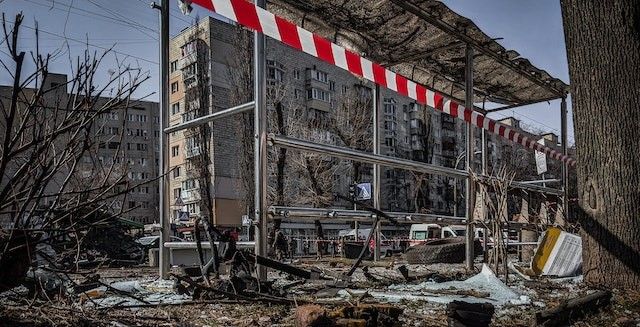
It is a view supported by Michael Kofman of the Russia Studies Program at the Center for Naval Analyses in Washington who, “expects additional years of fighting.”
A more subtle belief in how the war will end comes from Peter Roberts, a senior associate fellow at the Royal United Services Institute in London, who thinks that the war will end twice. Firstly, with an end to fighting (the ‘kinetic phase’) before a frozen phase, much like the situation between North and South Korea.
“I would love to think the kinetic phase could end in 2023,” says Roberts, “but I suspect we could be looking at another three years with this scale of fighting.”
What Will it Take for a Russian Peace Deal?
Beyond some weak diplomatic manoeuvres, the West’s first attempts to stop Russian aggression lay with economic warfare. A series of embargoes, self-imposed company bans, and restrictions on Russian exports that remain to this day.
These have had little visible effect so far, with patriotism over-riding the populations inability to buy Starbucks coffee or a new BMW. Although economic blockades can take a long time to take effect.
“The consensus is that ordinary Russians will start feeling it this year,” said Charles Lichfield, an analyst at the Washington-based Atlantic Council, before adding the caveat that historically, “… Russians have a huge degree of tolerance for economic pain.”
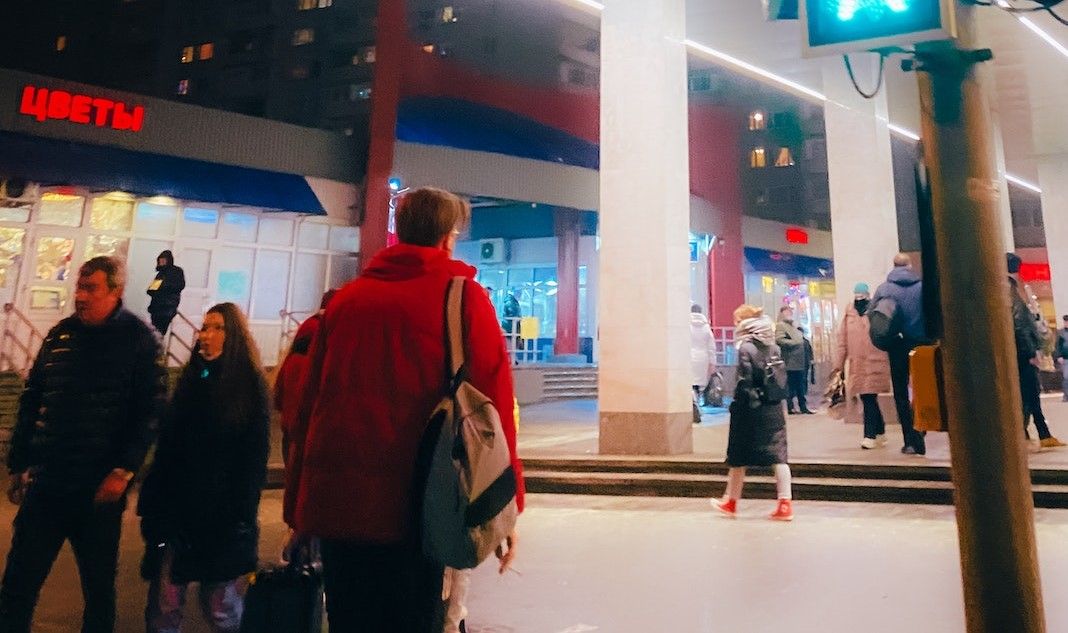
Although he is also quick to highlight that Russia’s pension payments may show the biggest signal that the economy is struggling. If the pension checks fail to get paid, then millions of pensioners will face poverty – a move that may change public support for the war drastically.
“It would have to get pretty bad for the Russians to get there,” said Lichfield, but unfortunately, “there’s no way of knowing how many reserves the [Russian] government stashed away after years of fat checks from energy sales.”
What Will it Take for a Ukrainian Peace Deal?
Ukraine’s population, infrastructure, and economy have naturally taken a huge hit since the Russian invasion. Yet patriotism and a desire for independence is for now keeping morale high.
As one citizen made clear when saying, “‘We can be left without gasoline, hot water, light… but not without freedom.”
Yet in truth, if Ukraine is to keep fighting it needs continued funding from outside.
Already the US has pledged almost €50 billion in military, humanitarian, and financial aid, as well as further loans, security assistance, and military support. While the EU has given almost €35 billion, and other countries such as the UK, Poland, Baltic states, and the Czech Republic also assisting.
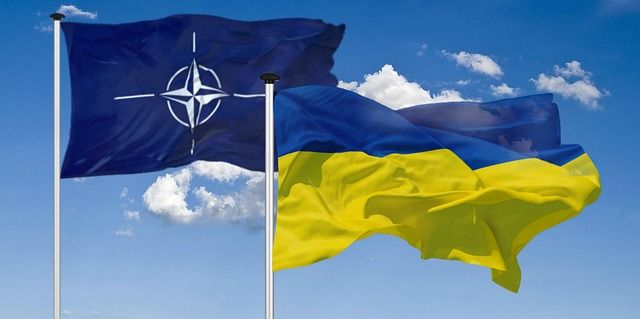
To date, this has been enough to keep most of the lights on, fund sovereign debt, pay pensions and teachers, and ensure that government functions. Expectations also remain that the West will stay supportive of Ukraine in the long-term, with President Biden recently reiterating NATO’s plan, “to continue our close coordination in our full support of Ukraine” and the US’s pledge to do so “for as long as it takes.”
However, more than just political will and money, when the war will end is heavily dependent on the West’s ability to provide enough material for Ukraine’s soldiers to keep fighting.
Key to this is solving the ammunition problem, with the US providing more than $100 billion in aid to Kyiv over the last year. This includes funding for an expansion of munitions manufacturing, including what Sen. Roger Wicker, the top Republican on the Senate Armed Services Committee, describes as the “doubling and even tripling production capabilities for weapons like 155mm shells, [anti-tank] Javelins and [the High Mobility Artillery Rocket System].”
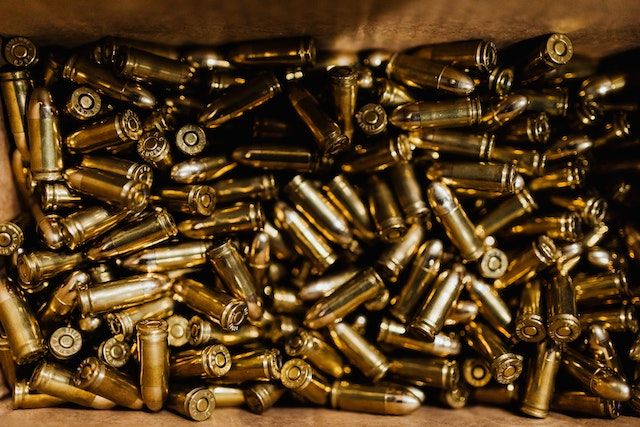
A lack of ammunition may also be problem for the Russians and may be the deciding factor in the war’s end game - whoever has the most resources to fight being declared the winner. Although if Russia runs out first, their nuclear capabilities will still remain.
For now, the political will remains, with even the cautious German Chancellor Olaf Scholz, now stating that Russian aggression must be stopped now before Putin begins eyeing expansion into the Baltic States or Poland.
Of course, all that may change. For as Putin well knows, 2024 is a US Presidential election year, and with former president Donald Trump already having declared his running. Then who knows how and when the war will end.
To learn more on this topic read: Can the Defence Industry Keep Up with Ukrainian Demand?
Photo credit: Karolina Grabowska on Pexels, Алесь Усцінаў, Vasiliy Skuratov, Wilfried Pohnke, and Pixabay

